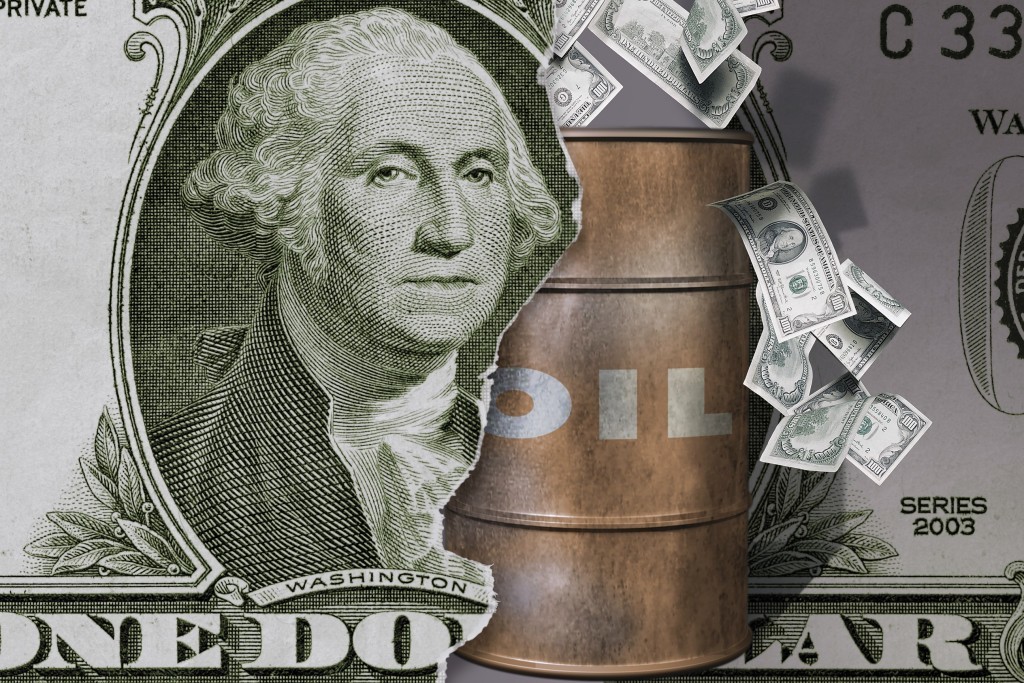
U.S. stock futures plunged, triggering a trading curb, as the U.K.’s decision to leave the European Union fanned speculation that a divided Europe would put another brake on already fragile global growth.
S&P 500 Index contracts slumped 5.1 percent at 12:28 a.m. in New York, triggering a limit-down rule. The curb means the contract cannot trade at a lower price for the remainder of the overnight session. The pound slid the most on record to its weakest since 1985, while the yen rallied on demand for haven assets. Polling before the referendum had indicated a vote too close to call. At 5:11 a.m. London time, BBC projections showed voters backing “Leave” by 52 percent to 48 percent.
Central banks have sounded the alarm over a potential Brexit, with chiefs of the Fed, Bank of Japan and Bank of Canada all citing the vote as a potential disruption to the global economy. Yellen said yesterday the decision could have consequences for financial markets, and “in turn for the U.S. economic outlook.” The International Monetary Fund had warned that a so-called Brexit risked damage to the U.K. economy.
“Risk-off is back,” Joe Quinlan, chief market strategists at U.S. Trust, Bank of America Private Wealth Management, said by phone. “We’ve got a fragile, weakening economy and the last thing we need is for one of the stronger developed economies to falter. If it’s a leave vote, you just chipped away a little bit at global growth for the next 12 months.”
Futures contracts on the CBOE Volatility Index soared 49 percent in after-market trading, after the VIX plunged the most since 2013 Thursday. Equity futures and other risk assets had climbed earlier after a YouGov poll showed support for remaining stood at 52 percent, while a separate survey conducted by Opinium indicated a slight lead for the Leave camp.
Final results for the U.K. vote are due at about 2 a.m. on Friday. An analysis by JPMorgan Chase & Co. indicated a 51.1 percent chance of a Brexit, according to a client note.
The equity gauge could plunge as much as 7 percent in the event of a Brexit, Bank of America Corp. strategists led by Savita Subramanian wrote in a note prior to the referendum. A vote to remain would weaken the dollar and boost crude prices, spurring a 3 percent to 4 percent rally in U.S. stocks, they said.
Financial companies should benefit if the U.K. votes to stay on higher bond yields, according to a June 23 note by BMO Capital Markets. Banks in the S&P 500 led gains out of 24 groups on Thursday, posting the steepest one-day rally in five weeks.
The vote comes at a time when uncertainty already plagues U.S. stocks, with questions around the Fed’s ability to stoke growth, the fall elections, a four-quarter decline in corporate profits and price-earnings ratios that are close to a decade high. The S&P 500 plunged 11 percent in its worst-ever start to a year before recovering through April. It’s virtually been stuck in place since, struggling to hold above the 2,100 level that has capped three rallies since November.